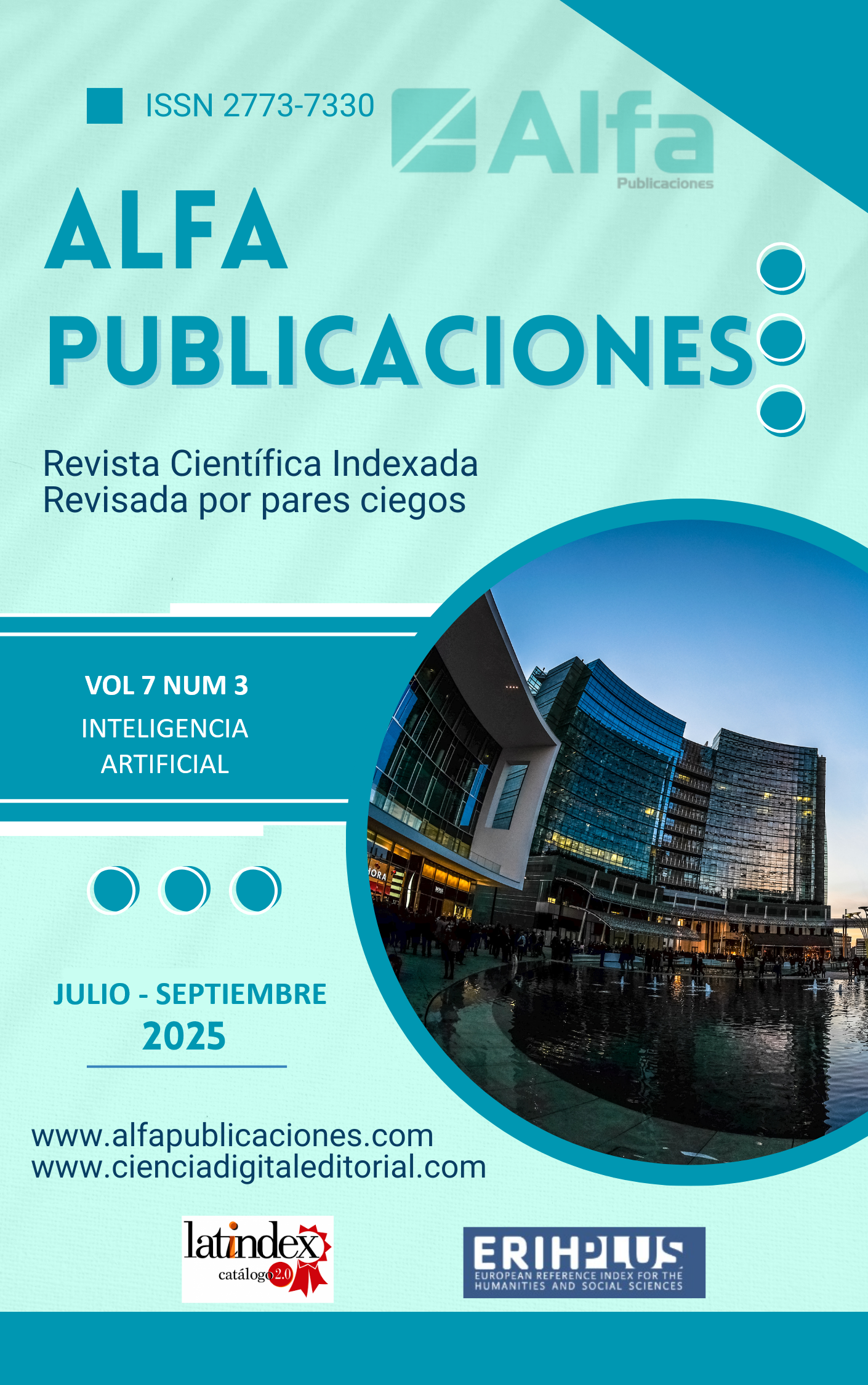School-business relationship in technical accounting baccalaureate: a critical analysis from theory to practice
Main Article Content
Abstract
Introduction. Traditional education has long influenced learning approaches, a situation evident at Unidad Educativa Archidona, where students in the Technical Baccalaureate in Accounting face challenges in connecting classroom learning with real-world business environments. Incorporating digital tools such as accounting software in their education is key to motivating students and strengthening their practical learning with a focus on employment. Objective. This research aimed to analyze the school-business relationship between theory and practice in the technical training of accounting baccalaureate students. Methodology. A mixed-methods approach was used, combining qualitative and quantitative data. The study was descriptive, applied, and included fieldwork. Theoretical-level methods such as induction-deduction, analysis-synthesis, and historical-logical reasoning were employed as a basis for structuring the research process. Tools such as observation, interviews, and surveys were applied to collect information directly from the involved actors. The study was conducted with a sample of 56 third-year accounting students and 2 teachers of the general accounting subject. Results. The findings revealed a traditional teaching approach that is not well aligned with the labor market and a lack of familiarity with digital tools. Stakeholders involved in the issue believed that implementing accounting software would significantly enhance learning and support the achievement of the subject´s exit profile. Conclusion. The incorporation of accounting software will effectively support the training of technical accounting graduates, enabling them to align with the demands of the current labor market. General area of study: Education. Specific area of study: Pedagogy. Type of study: Original articles.
Downloads
Article Details
dssfdsf
dsfdsf

